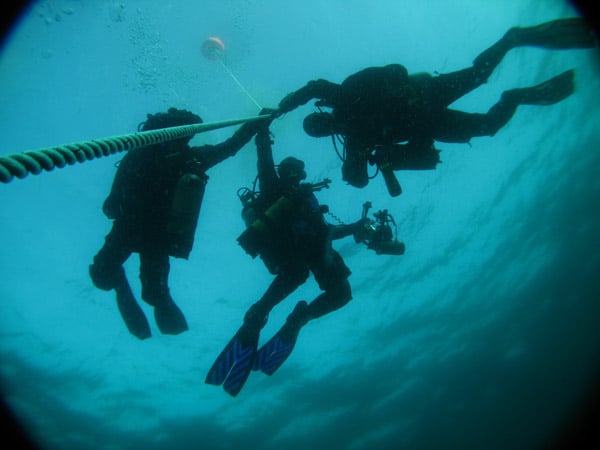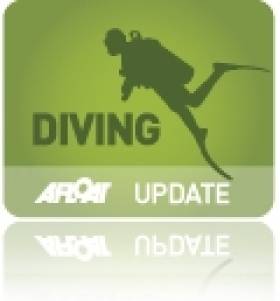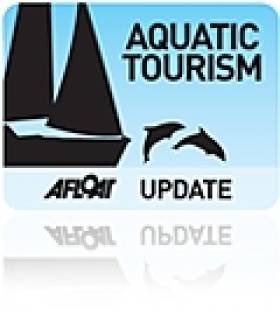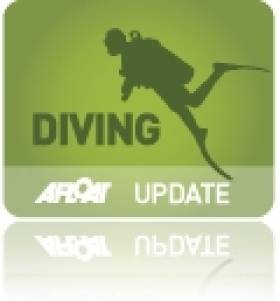Displaying items by tag: Snorkelling
Dive Ireland Expo Returns To Athlone For 2013
#Diving - The Dive Ireland expo heads to Athlone in 2013 with a full weekend of speakers, exhibits and workshops for divers and snorkelers of all levels.
This year's hosts at the Athlone Sub Aqua Club have announced details of the 22nd-annual dive show from 2-3 March 2013 at the Hodson Bay Hotel, which also doubles as the AGM for the Irish Underwater Council (CFT).
Speakers lined up for this year include renowned wreck diver Barry McGill, cave divers Jim Warney and Jason Masterson, limit-pushing free diver Feargus Callaghy and snorkelling advocate Victor Kutischev, as well as representatives from marine wildlife conservation group Sea Shepherd.
Just like last year, Dive Ireland 2013 will also feature a wide array of exhibitors to cater for all types of diver interests - and entry for each day costs just €5.
The Athlone Sub Aqua Club has more details on the Dive Ireland 2013 programme HERE.
Cork The Place to Be For a Holiday On The Sea
#TOURISM - Winter might be upon us, but it's a great time to plan a new year holiday in Ireland on the sea, according to the UK's Daily Echo.
From night-time paddling in with renowned kayaking instructor Jim Kennedy, to snorkelling in Baltimore, relaxing in Skibbereen and and fresh seafood lunches in Kinsale, a vacation in Cork can appeal to any taste.
Whale and dolphin watching is a big draw for the region, too, as Ireland's coast – the first cetacean sanctuary in Europe - plays host to a growing variety of species.
The summer feeding grounds off the southern coast are particularly busy, and tourist boats are often treated to whales breaching the surface and surrounded by dolphins putting on a show.
The Daily Echo has more on the story HERE.
The Allure of the Deep, Is Diving for You?

Divers completing a decompression stop after a 40 meter dive to the wreck of the ssFoilia off the Waterford Coast
































































